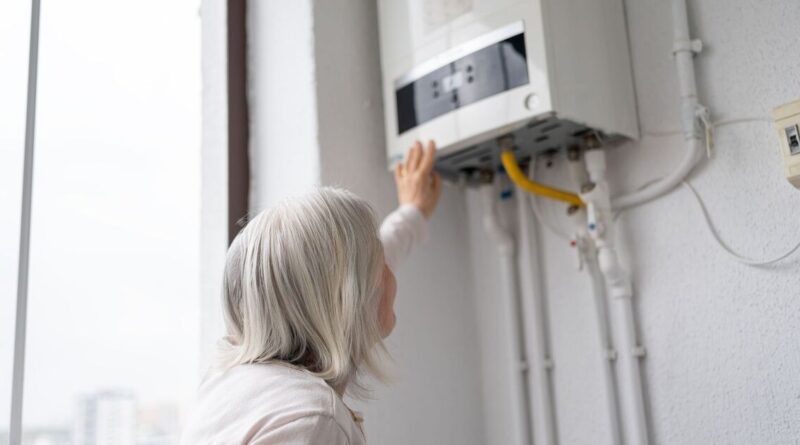All homeowners urged to make boiler check now or risk winter bill
It’s coming to that time of year where we all use our boilers a little more – after all, temperatures have started to dip, which means we’ve all felt the cold a little more recently. As the weather starts to turn colder, we’ll all likely be using our boilers a little more, as people will be tempted to make use of the heating to stay toasty indoors.
With this in mind, Brits have been warned to make a simple boiler check now to prevent the risk of being handed a hefty bill during the winter months. It doesn’t take long at all to do, but could make a big difference to your personal finances.
To help people out, a leading engineer has revealed the heating mistakes costing households hundreds – and sometimes thousands – of pounds a year. He’s shared expert advice in hope it’ll help people save money, and learn a lot more about their boilers.
Patrick Garner, Gas Safe Engineer at Heatable, says too many people skip essential checks that not only keep bills down, but also prevent dangerous faults. He said: “One of the biggest mistakes we see is people skipping their annual boiler service.
“Not only does that put your household at risk of dangerous faults going unnoticed, but it can also invalidate the manufacturer’s warranty – leaving you with the full bill if something goes wrong.”
With an annual service typically costing under £100, skipping it is a false economy. Garner warned: “You’re essentially risking a complete boiler replacement – £2,000 to £3,000 – for the sake of the price of a service.
“On top of that, an inefficient boiler can add 10% or more to your gas bill over time.”
Another costly oversight is poor water quality inside heating systems. Without proper flushing and a magnetic filter, sludge and debris build up. This forces the boiler to work harder, burning more energy and drastically reducing its lifespan.
Equally risky is boxing a boiler into a cupboard without ventilation or blocking air vents altogether. Garner explained: “Boilers and heating systems are designed to breathe and flow.
“Cutting off airflow doesn’t just make them inefficient – it increases the risk of dangerous carbon monoxide build-up.” Even switching your system off for months at a time can backfire. Pumps, valves and seals can seize up, resulting in hefty repair bills when the heating is finally turned back on.
So, what should homeowners look out for? Unusual noises like banging or gurgling usually mean air or sludge is in the system.
Dark marks around the boiler casing can be a sign of incomplete combustion – a major carbon monoxide red flag. If you ever smell gas, it’s an emergency, and you’ll need to switch off immediately and call the Gas Emergency Service.
Thankfully, a few low-cost checks can save money and avoid nasty surprises. Garner recommends lowering your boiler’s flow temperature to around 60°C, bleeding radiators regularly, to ensure heat is distributed evenly, and testing carbon monoxide alarms.
He also advises fitting a magnetic filter, cleaned during each service, as “one of the cheapest ways to prevent expensive breakdowns.” This advice should help you to make the most of your boiler throughout the winter.
However, if you have any concerns, contact an expert for advice. Gas should always be handled with care.





